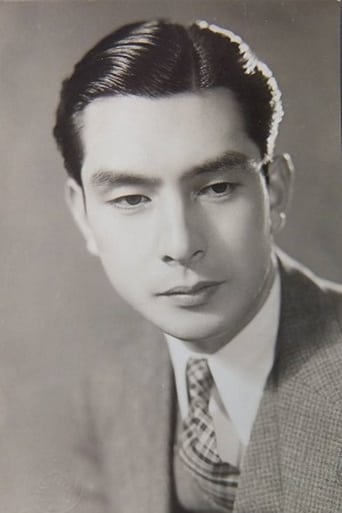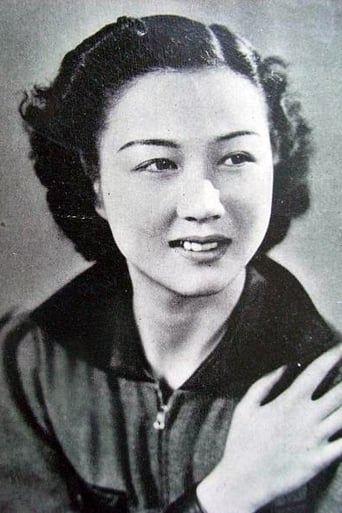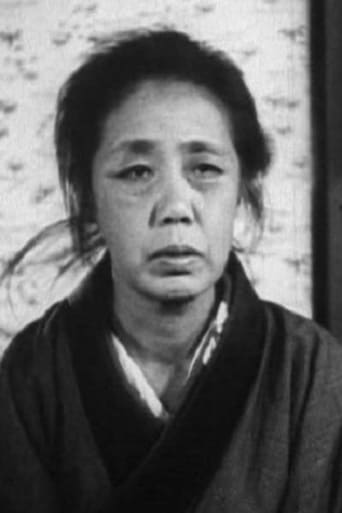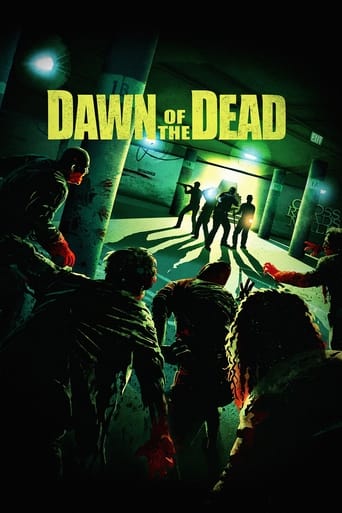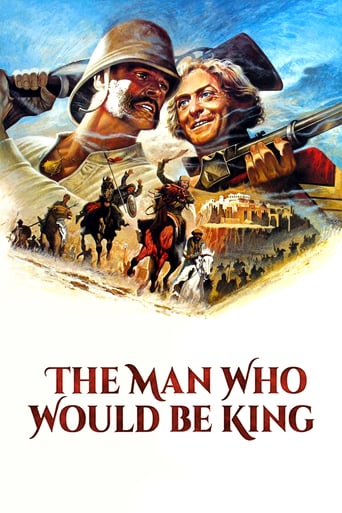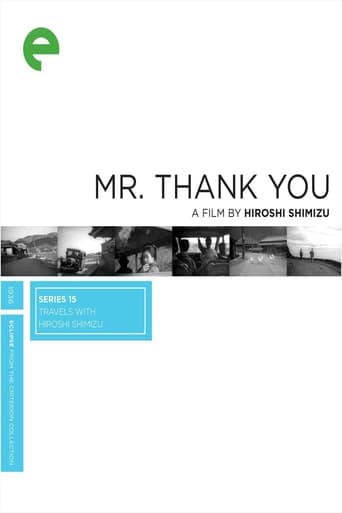
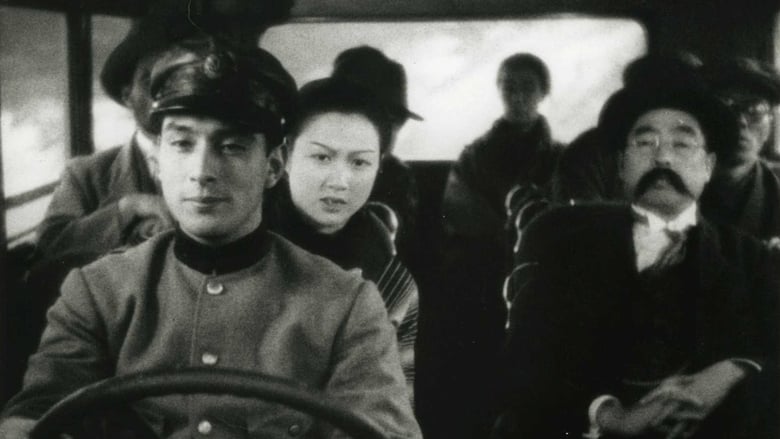
Mr. Thank You (1936)
In Depression-era Japan, a courteous bus driver carries an eclectic group of passengers from the mountainous Izu to Tokyo.
Watch Trailer
Cast


Similar titles
Reviews
Viewed on DVD. Poor restoration. A film you don't want to end! This is a charming, engaging, and ultimately mesmerizing gem from director's Hiroshi Shimizu's canon. The title is the name given by the locals to a uniformed (right down to the traditional white gloves), exceeding polite, and exceptionally considerate driver of a small bus that connects country folks with the outside world. "Thank you" is a salutation the driver never fails to use when walkers allow his bus to pass on narrow dirt roads. They typically respond with "Thank You Mr."). It's only a dozen or two miles that are traveled, but a lot can (and does) happen during this particular trip. A time capsule of rural Japan in the midst of the Great Depression (circa 1936) and the director's conception of its inhabitants. The driver is quite sharp looking in his uniform, has the eye of all the women (both off and on the bus), and is a humanitarian and psychologist as well as a competent wheels man. Comedy (there are some hilarious one-liners not lost in the subtitles), poignancy, sadness, optimism/hopefulness, and a myriad of other emotional facets are provided by a group of talented (and engaging) character actors. It's remarkable how quickly the viewer is empathetically pulled into the characters' slices of lives without fully realizing it. The hallmark of a great story teller! Interestingly, no one seems to pay for a bus ride. Sound is sub par and artificial even by contemporary standards--the film seems to have been shot silently and later end-to-end dubbed (not unusual during the very early talkie days ((circa 1930)), but since abandoned in most of the West). The picture is relentlessly fuzzy which may be the result of having to use inferior film stock and/or a primitive printing process. But Shimizu rises above the marginal quality of the cinematic tools at his disposal to get his stories across! As for the restoration, it seems to have removed wear and tear as well as reel change-over artifacts, but should have worked A LOT HARDER at clarifying the image digitally. WILLIAM FLANIGAN, PhD.
From the references in the film, it is not hard to infer this takes place in the mountainous southern end of the Izu peninsula (part of Shizuoka prefecture). The towns of Yugano, Kawazu-onsen, and Shimoda (mentioned in the film), are all in this area. The railroad (then as now) runs up the eastern side of the peninsula, so the bus is taking passengers from the relatively isolated western side across the Amagi mountains to the eastern side. From the configuration of roads, we can deduce that the starting point of the journey was probably the town of Matsuzaki.In the film, this picturesque journey feels a very lengthy one. On the modern paved road, the entire trip today takes about 40 minutes by car.
Like Sadao Yamanaka and Mikio Naruse, Hiroshi Shimizu is one of the major Japanese directors whose work has been overshadowed in the West by the popularity of Mizoguchi, Ozu, and Kurosawa, even though his films are every bit as good as theirs. Whereas Naruse's reputation has benefited in recent years from several DVD releases in the U.S. and U.K., however, Shimizu's films are still relatively hard to track down. The release of four of his films by Criterion's Eclipse label helps, but at least four more films have already been released on DVD in Japan and deserve distribution in the West."Mr. Thank-You," as this film is known in the West, is a perfect introduction to Shimizu's work. Like Ozu's films, it is bittersweet in tone, though with perhaps a little more emphasis placed on humor than on pathos. But Shimizu's camera is far more mobile than Ozu's, so stylistically, it has a bit more in common with Naruse. The other two reviewers have already summarized what little plot there is: the film is basically a "road" movie, in which an assortment of middle-class and working-class characters travel from a rural community to Tokyo. As the film progresses, each character's personality reveals itself, and a small, short-lived sense of community develops. Whether or not that sense of community will continue after the film ends (due to a budding romance between the bus driver and a young female passenger who is being sold into prostitution because of family debt) is pretty much the only source of suspense or plot. Nevertheless, as a slice of life, "Mr. Thank-You" is nothing short of magnificent. Shimizu's humanism is evident in every frame of the film, with each character, including the bit parts, emerging as three-dimensional people with very real concerns and aspirations. This is a film you watch for the character development and for the loving treatment the director, writer, and actors give them.As a side-note, Shimizu's importance as a voice of dissent during Japan's militarization and as a link between pre- and post-war Japanese cinema is apparent in the short interlude between the bus driver and a female laborer he offers to give a free lift. The female laborer is Korean, and Koreans were perhaps the most marginalized people in 1930s Japan -- their country having been colonized by Japan and their people reduced to ill-paid, migratory labor. Giving such sweet and tender treatment to this character's plight gives some indication of Shimizu's true feelings toward Japan's imperial expansion and reveals that there's a lot more going on in this film than might first seem.
This is a simple premise about a bus driver dubbed Mr. Thank You because he always thanks people when they move to the side of the road to let him pass. Everyone he knows likes him and many say thank you back. This story is mainly about the people who get on the bus headed to a train. One is a mother and daughter, the mother only going so far to say goodbye to her daughter who is presumably being sold (this was the Great Depression, when things like that happened). There is a mix of people on the bus with different reasons for being there and they forge a relationship one might have if they were all going on a bus tour. You see some of the countryside of Japan, some of which is pretty even in black and white. It was a grim time for the world then and this film, while having a bit of light comedy, also has some sadness. As the film went on, I was more interested. Mr. Shimizu, as far as I'm concerned, can be mentioned in the same breath of the titans of Japanese film, like Kurosawa, Ozu, Mizoguchi and Naruse, as well as others. If you're interested in Japanese film, you owe it to yourself to buy the box set that has this film, which was just received domestically. Mr. Shimizu was very adept at capturing everyday people as they were living their lives. This is a triumph.


